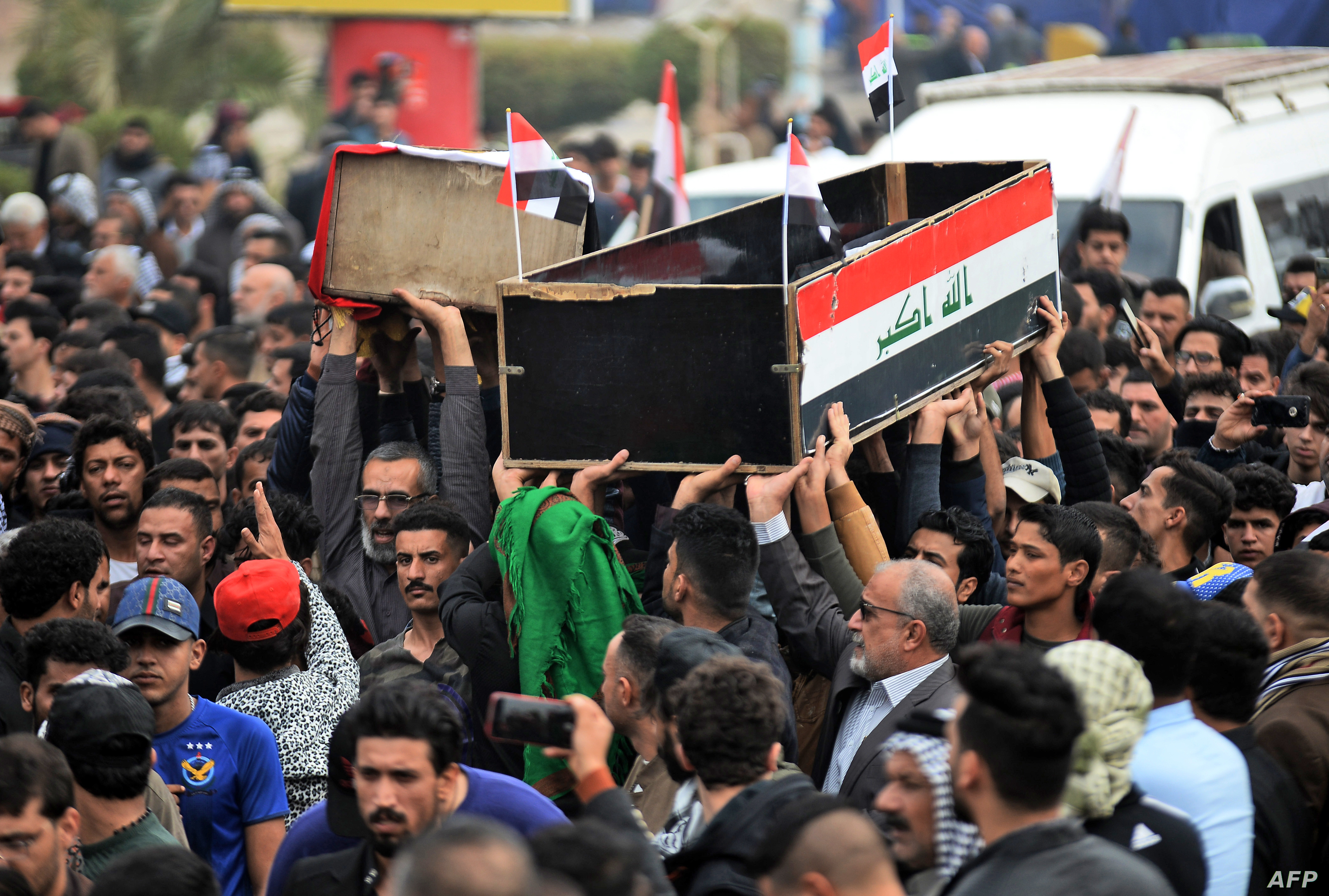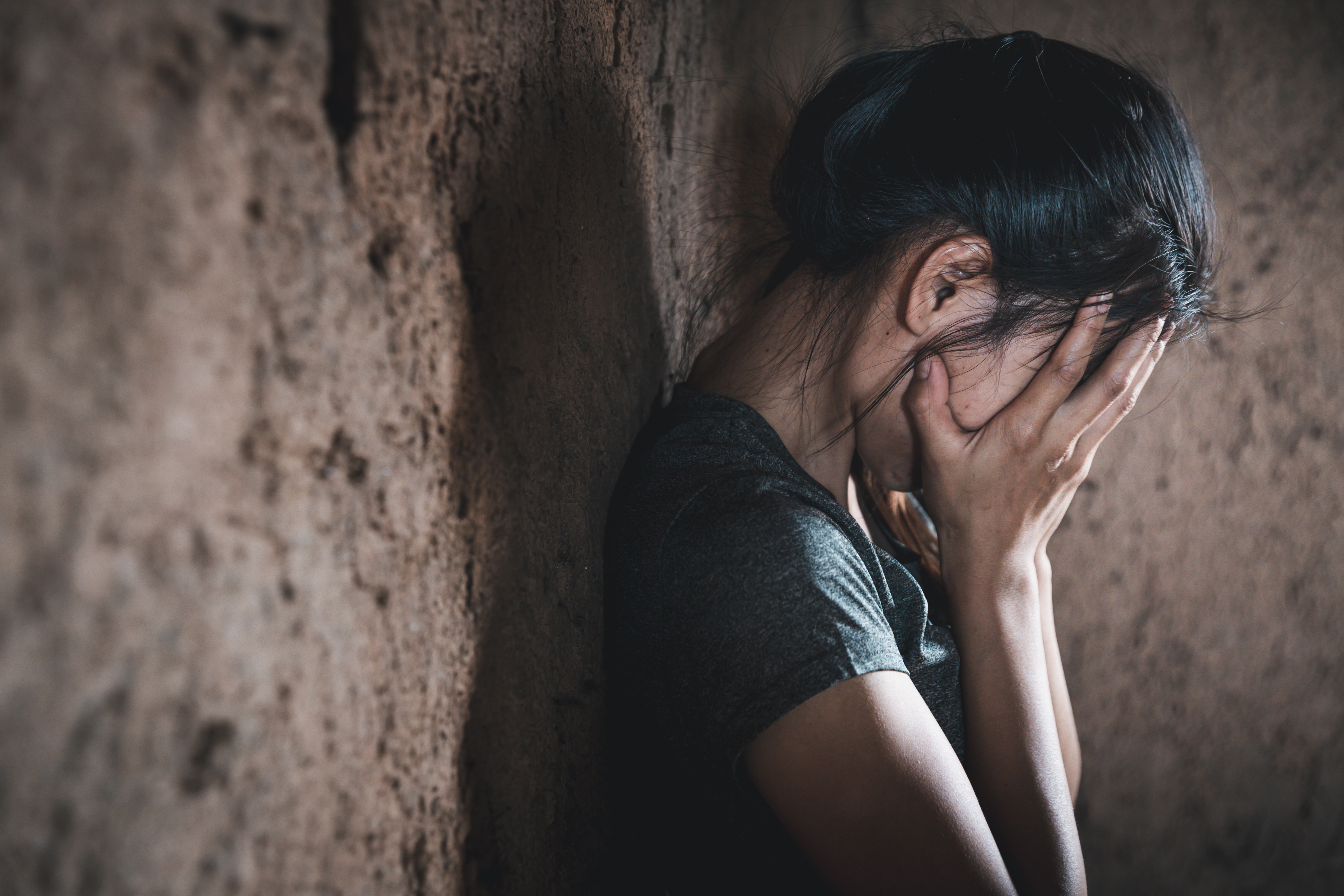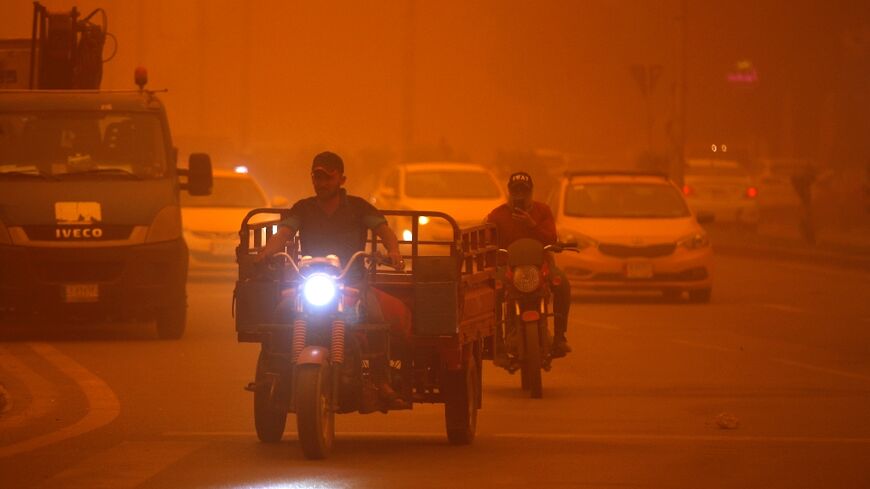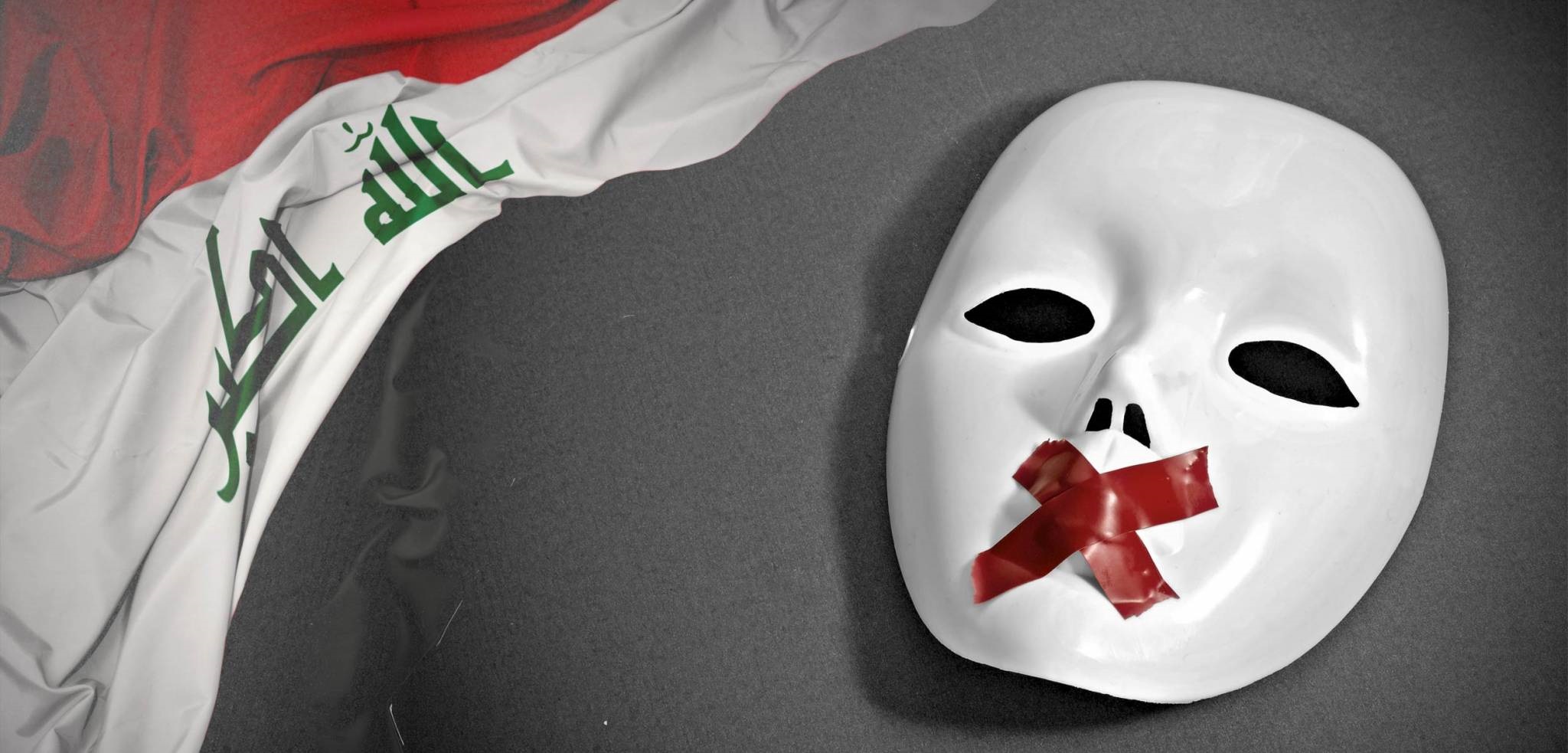The Iraqi Observatory for Human Rights stated that the Iraqi authorities have yet to announce the results of the investigations they said they were conducting regarding the killing of more than 600 demonstrators during the October 2019 protests, according to a statement of Hisham Daoud, adviser to Prime Minister Mustafa Al-Kazemi on July 30- 2020.
Although Mustafa Al- Kazemi's government, which was given confidence by the Iraqi parliament on May 6, 2020), repeatedly promised to reveal the results, this did not happen, leading the families and colleagues of the victims to lose hope that justice would be served.
More than 25 thousand protesters have been injured as a result of shootings and smoke bombs directed at them in the streets and squares of cities in central and southern Iraq for more than a year in order to improve public services, counter corruption in state departments, and provide job opportunities.
During interviews with the Iraqi Observatory for Human Rights, activists who took part in the protests said that "the file of holding the killers of the demonstrators to account is not a priority for the government, and there are political efforts to pressure the government not to open it".
They also added that "The file of killing protesters is bigger than any government, and it is a political decision rather than a judicial one, because the announcement of the results of the investigation will show the involvement of big heads in the killing of young people who demanded their rights".
Even after the protesters returned home, assassinations and murders continued, primarily targeting activists and prominent figures who took part in the demonstrations, and the families of some of them were targeted by bombings that targeted their homes until recently.
The findings of the investigations into those incidents were never made public. They only stated that they summoned numerous officers and security personnel and recorded their statements, as well as the families of the victims, who brought charges against specific individuals in some cases but were not prosecuted.
Many of the victims' families and protesters claim that they "have evidence documenting the moments of killing protesters inside and near protest squares, as well as cases of activists' assassination in front of cameras," implying that "it is easy to track these incidents and reach their perpetrators," but that "security and judicial authorities have done nothing of the sort".
They question the authorities' claims about the trial of some officers and security personnel accused of taking part in the crimes, and they demand to know the details, the trial's mechanism, and the "alleged" rulings issued during the trial.
An Iraqi security service employee told the Iraqi Observatory for Human Rights that ''the file of killing protesters has been closed and ended," and there are no longer any prosecutions or investigations pending against members of the organization who are suspected of being involved in these cases".
Another government official told the Iraqi Observatory for Human Rights that "the lawsuits and the file of killing the Tishreen demonstrators are now sleeping in the closets of the courts".
"The lack of results of the investigation into the killing of protesters and activists is caused by the security and judicial authorities' lack of seriousness in pursuing these cases because of the lack of seriousness on the part of the security and judicial authorities to pursue these cases because they are related to the political file".
''Some officials justify their dubious failure to carry out these entrusted duties by claiming that prosecuting the perpetrators will confuse public security and the political scene in Iraq," he continued, "despite the fact that this issue is linked to the need for justice, not only for the sake of the victims, but also for the establishment of the rule of law".
After receiving threats or facing assassination attempts, protesters and activists who took part in the October 2019 protests fled their cities to the Kurdistan Region of Iraq or to other countries, saying that they "never trust all the authorities and do not believe that they will ever bring justice to those who have been killed and their colleagues assassinated in public".
In their conversation with the Iraqi Observatory for Human Rights, activist and protesters presented what they consider to be evidence of the correctness of their words, including video clips and threats that reached the phones of protesters and demonstrators or were published on social media sites, and the authorities "ignored" them and did not pursue their divorcees who, as they claim, do not care to hide their identities or even their political affiliations.
Some of them wondered ''If the security services, for example, dismantle complex crimes whose perpetrators leave no evidence behind them in complex and professional ways and then lead them to prisons even if they flee to other cities, why are the same services unable to dismantle crimes such as killing protesters and assassinating activists, some of which are documented by audio and video".
Aside from the "absence" of the results of the investigation into the deaths of protestors, the fate of activists who were forcibly disappeared as a result of their protest activities is unknown.
Activists such as Sajjad Al-Iraqi, Abdul Masih Romeo, Ali Gaseb, and others were kidnapped during the protests, and their fate is still unknown, despite the demands of their relatives and friends that their situation to be revealed.
Many protesters and activists feel that, like the rest of the files, the findings of the investigation and the culpability of the murders of their colleagues are "forbidden to anybody in power to touch." The treatment order is insufficient and does not provide any compensation for them.
Popular campaigns have been launched on multiple times to gather donations for the treatment of the badly injured, who require surgery in hospitals in industrialized countries that cost tens of thousands of dollars because government facilities in Iraq are unable to handle them.
The despair and outrage felt by the relatives of the protest victims, as well as thousands of their coworkers, did not stop them from continuing to demand that the criminals be held accountable and publicly trialed. They hold rallies in different cities from time to time to demand this, but they return disappointed.
Some of the demonstrations were met with gunfire, and some of the participants were injured, and a number of them died as a result of their injuries, and each time there were photographs and recordings that clearly recorded the use of guns and smoke bombs.
The Iraqi Observatory for Human Rights urges on the security and judicial authorities to make the conclusions of earlier investigations public, and if they are not convincing to the relatives of the victims, the investigations must be re-established, with eyewitnesses' statements heard and verified, as well as the evidence they hold, as well as the arrests of the accused, their presentation to the courts, and the imposition of legal retribution.
The Iraqi Observatory for Human Rights also emphasizes the importance of conducting a thorough investigation and search for the forcibly disappeared protesters and activists, obtaining their release if they are still alive and as soon as possible, sharing information about their fate with their families, and holding those responsible for their suffering accountable.
The observatory also calls on the relevant authorities to pay special attention to the protesters who have been injured, to provide all medical care and supplies necessary to help them live a normal life, and to pay them regular pensions that ensure their dignity and meet their daily needs, particularly for the disabled.




